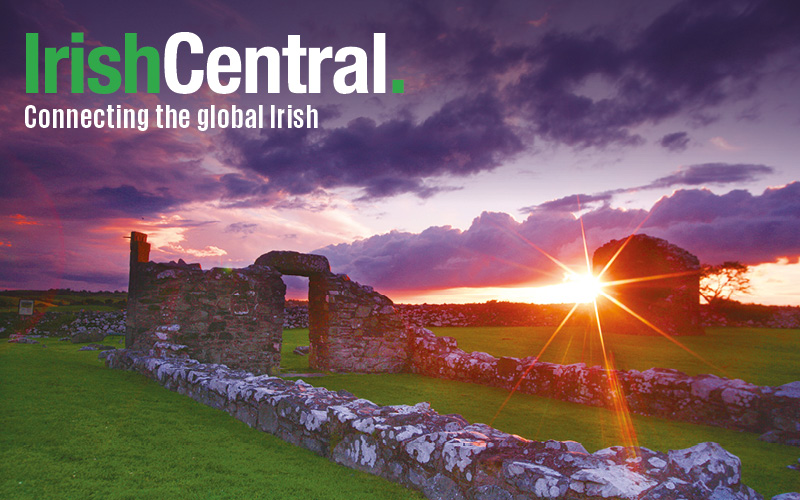On Sunday, 10th April the people of Ireland will fill in their census forms under wildly different circumstances than when they last did so in 2006. But aside from the inevitable stark figures surrounding employment and the people who’ve had to leave the country to get it, there is another question that will also speak volumes: the question on religion.
Apart from the usual campaigns to get Jedi Knight or Pastafarianism officially on the books, or this year in particular augment the number of people who claim no religion, this year’s religion statistics will be a crucial chapter in an intriguing story.
In 1981, when priests were still more feared than the guards, the percentage of Roman Catholic people in Ireland was 93%. In 1991, a couple of years before my first communion, the figure was 91.6%. By 2002, around the time our school chaplain conducted our catechism-heavy Leaving Cert religion class, that was down to 88.4% and by 2006 it was down again to 86.8%. Now granted, the physical numbers of people self-identifying as Catholic has actually gone up along with the population, but that may be coming to an end.
First of all, in the same thirty year stretch that self-identifying Catholics went down by 6%, the amount of people claiming no religion quadrupled. Secondly, what the figures don’t account for is the amount of nominal Catholics, those who go to mass at Easter or Christmas and other such events but otherwise wouldn’t attend religiously. As it were. It’s those people that will likely signal a watershed moment in Irish life. For while the changes in Ireland’s economic structure have been noisy and tumultuous, a much more quiet social revolution has been building steam over the last few years, and it’ll come to a head soon.
Back in 2006, I wouldn’t have dreamt of putting down anything other than Roman Catholic on the census form. Now, there’s no way in Hades I’d tick that box. In 2006 I was happy to belong to the broad church, as it were, comfortable with the idea that mass was the way I demonstrated faith even if I personally disagreed with large swathes of Catholic doctrine, focusing more on the spirit rather than the letter of the law. Five years later, a combination of the deplorable revelations of the Murphy and Ryan reports and general exasperation at the Church’s increasingly insane intransigence eventually made me give up. I’m hardly the only one.
If as I suspect the number of people identifying as Catholics drops quite sharply in this census (or indeed the one after) that in itself will be significant, but more significant still will be the way that bears out in real life. A great many social events in Ireland still revolve around the Church, like baptisms, communions and confirmations. A lot of people who aren’t ardent mass-goers still attend these events, either through social convention, a residual sense of duty, keeping up appearances or just wanting a quiet life. More and more, they’re treated as pageants with an hour-long sit surrounded by stained glass attached anyway. Priests may disapprove of that, but so weak is their bargaining position nowadays, they can hardly turn down the business. But what happens when people eventually decide they won’t go through the pseudo-religious motions anymore, especially people of my generation who’ll likely be having the majority of their kids in the next decade or so? That answer to the question will depend on education.
The Church doesn’t just hold a lot of the cards in terms of social functions; it also controls the vast, vast majority of primary school administration. If you apply to be a teacher in a primary school a priest will be on the interviewing panel, and if you want to send your child to that school then communion and confirmation prep will form a large proportion of their second and sixth class, with a healthy dose of religion thrown in all the other years. If you’re not comfortable with that, your options aren’t exactly extensive.
In certain situations the Church seem willing to relinquish that control and if they do, like the census figures themselves, the attendance at religious rituals not really adhered to will slide gradually but noticeably, as indeed is proper. But if the Church doesn’t move quickly enough, or far enough, then a new generation of non-believers who have no allegiance to Catholicism, aren’t afraid to say as much and not inclined to pass it on will not be slow to question the absurdity of the status quo. The census on the 10th April is, in one form or another, likely to prompt a High Noon that’s been a long time coming. Thank God for that.




Comments